#decision-making
Photo
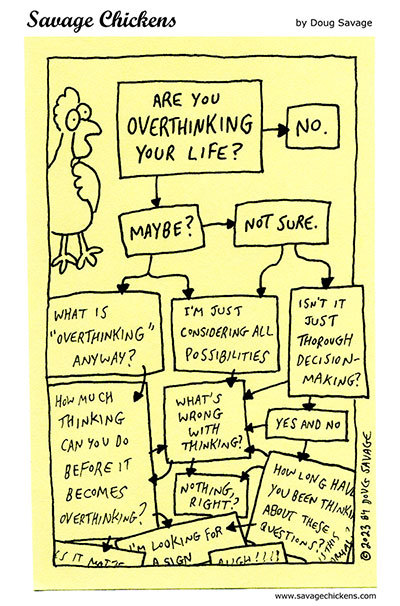
Overthinking.
And other decisions.
311 notes
·
View notes
Text
Book of the Day -
Today’s Book of the Day is Thinking, Fast and Slow, written by Daniel Kahneman in 2013 and published by Farrar, Straus and Giroux.
Daniel Kahneman is an Israeli-American psychologist whose main research topics have been the psychology of judgment and decision-making, and behavioural economics, for which he was awarded the 2002 Nobel Memorial Prize in Economic Sciences (shared with Vernon L.…
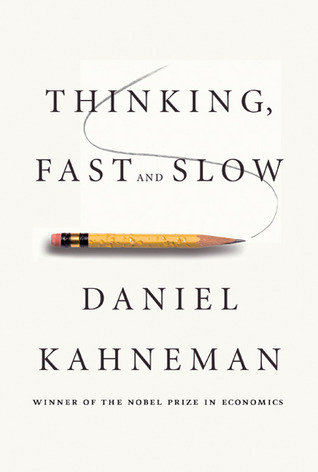
View On WordPress
#availability heuristic#behavioural economics#behavioural psychology#Book Of The Day#book recommendation#book review#bookstagram#booktok#cognitive bias#cognitive science#Daniel Kahneman#decision-making#Economics#endowment effect#loss aversion#Neuroscience#prospect theory#Psychology#Raffaello Palandri
12 notes
·
View notes
Text
Unraveling Confirmation Bias: How Our Beliefs Shape Our Perspectives
Confirmation bias is a cognitive bias that leads people to interpret, remember, or search for information in ways that confirm their preconceptions or hypotheses. Here are some common things people use as confirmation bias:
Selective Exposure: People tend to expose themselves to information sources and media that align with their existing beliefs.
Selective Perception: They interpret ambiguous information in a way that supports their beliefs.
Selective Retention: People remember information that confirms their existing beliefs better than information that contradicts them.
Cherry-Picking Data: They selectively choose data or examples that support their viewpoint while ignoring or dismissing data that contradicts it.
Seeking Like-Minded Individuals: People often engage with communities or social groups that share their beliefs, reinforcing their existing views.
Misinterpreting Statistics: Individuals may misinterpret statistical data to support their preconceived notions.
Overvaluing Personal Experience: Personal anecdotes and experiences are given more weight than they should be in forming opinions.
Ignoring Expert Opinion: Dismissing expert opinions or scientific consensus when it contradicts one's beliefs.
Confirmation in Social Media Echo Chambers: Social media algorithms often expose users to content that aligns with their views, creating echo chambers where confirmation bias thrives.
Biased Information Search: When researching a topic, people may conduct biased searches, seeking out sources that confirm their beliefs.
Emotional Attachment: Emotional attachment to one's beliefs can make it difficult to consider alternative viewpoints objectively.
Attribution Error: People often attribute their successes to their abilities and their failures to external factors or situations, confirming their self-beliefs.
Groupthink: In group settings, individuals may conform to the group's beliefs to avoid conflict or maintain group cohesion.
Being aware of these tendencies is the first step in mitigating confirmation bias and promoting more open-minded and critical thinking.
#philosophy#epistemology#knowledge#learning#education#chatgpt#psychology#ethics#politics#Confirmation Bias#Cognitive Biases#Belief Systems#Critical Thinking#Perspective#Information Processing#Decision-Making#Bias Awareness#Cognitive Psychology#Rational Thinking
9 notes
·
View notes
Text
Astral Travel: Mastering Out-of-Body Experience
Soar out of your body and explore hidden dimensions! Ascend with Angels: Achieve Profound Out-of-Body Experiences & Master Astral Travel.
Astral travel, the ability to explore the unseen realms, beckons with the promise of boundless adventure and profound self-discovery. However, navigating the astral plane can be a daunting task. Fear, uncertainty, and a lack of guidance can hinder your…

View On WordPress
#achieve profound out-of-body experiences#angel-summoning session#angelic#angelic assistance#angels#astral#astral travel#celestial#communication#conquering fear#decision-making#energy restoration#enhancing perception#experiences#facilitating projection#guidance#help#mapping the ethereal plane#master astral travel#master out-of-body adventures#master out-of-body experience#mastering astral travel#mastering out-of-body experience#memory recall#mental blocks#out-of-body#out-of-body adventures#out-of-body experience#overcoming mental blocks#problem-solving
2 notes
·
View notes
Text
Face decisions with bold clarity.
23 notes
·
View notes
Text
Indigenous youth as agents of change for self-determination.
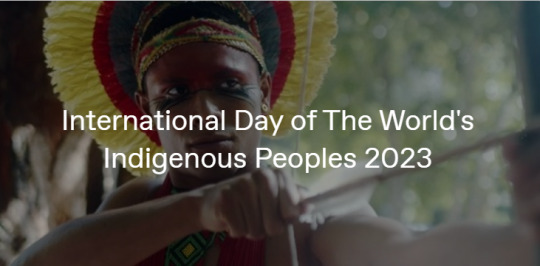
This year's theme "Indigenous youth as agents of change for self-determination", revindicates the role that indigenous youth must occupy in decision-making while recognizing their dedicated efforts in climate action, the search for justice for their people, and the creation of an intergenerational connection that keeps their culture, traditions, and contributions alive.
#intergenerational connection#indigenous youth#decision-making#aboriginal#indigenous#tribal groups#International Day of The World's Indigenous Peoples
2 notes
·
View notes
Text
The Transformative Benefits of Artificial Intelligence
Title: The Transformative Benefits of Artificial Intelligence
Artificial Intelligence (AI) has emerged as one of the most revolutionary technologies of the 21st century. It involves creating intelligent machines that can mimic human cognitive functions such as learning, reasoning, problem-solving, and decision-making. As AI continues to advance, its impact is felt across various industries and…
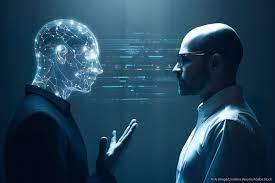
View On WordPress
#Advancements in Education#AI Advantages#AI Benefits#artificial intelligence#Customer Experience#Data Analysis#Data Analytics#Decision-Making#Efficiency and Productivity#Energy Management#Ethical AI Deployment.#Healthcare Transformation#Machine Learning#Personalized Learning#Personalized User Experiences#Robotics in Healthcare#Smart Cities#Smart Technology#Smart Traffic Management#Sustainable Development
2 notes
·
View notes
Text
The man who is denied the opportunity of taking decisions of importance begins to regard as important the decisions he is allowed to take.
C. Northcote Parkinson, author and historian (1909-1993)
Source: Wordsmith
#C. Northcote Parkinson#quote#power#importance#VIP#decisions#decision-making#politics#society#individuals#government#bureaucracy#zeggenschap
2 notes
·
View notes
Text
If you choose to embrace flipism:
Embracing uncertainty: Flipism encourages embracing uncertainty and relinquishing control over important decisions. This can lead to a more spontaneous and adventurous lifestyle, but it may also introduce unpredictability into your life, which might not always be desirable.
Personal responsibility: While flipism may guide your decision-making process, it's important to recognize that you still have the ultimate responsibility for your actions and their consequences. Don't use flipism as an excuse to avoid accountability for your choices.
Context and consequences: Consider the potential impact of your decisions on yourself and others. Some decisions carry more weight and potential consequences than others, so it's essential to exercise judgment and not solely rely on random chance.
Balance and flexibility: Flipism can be a fun and creative way to approach minor decisions or situations where the outcome doesn't significantly impact your life. However, for major life choices or decisions with lasting consequences, it's crucial to evaluate multiple factors and not solely rely on random chance.
Remember, flipism is a pseudo-philosophy and should be taken with a grain of salt. It can provide a refreshing perspective and inject some unpredictability into your life, but it's important to strike a balance between embracing chance and making well-considered decisions based on reason and careful thought.
By the way, It was first introduced in the Disney comic book Flip Decision — one of my favourites — in which Donald Duck is persuaded by Professor Batty to make all of the most important decisions based on the flipping of a coin. "Life is but a gamble, let flipism guide your ramble.
#Flipism#Philosophy#Decision-making#Coin flipping#Adventure#Uncertainty#Randomness#Personal responsibility#Consequences#Balance#Flexibility#Life choices#Pseudo-philosophy#Donald Duck#Disney comics#deep thinking#today on tumblr#quoteoftheday
2 notes
·
View notes
Photo
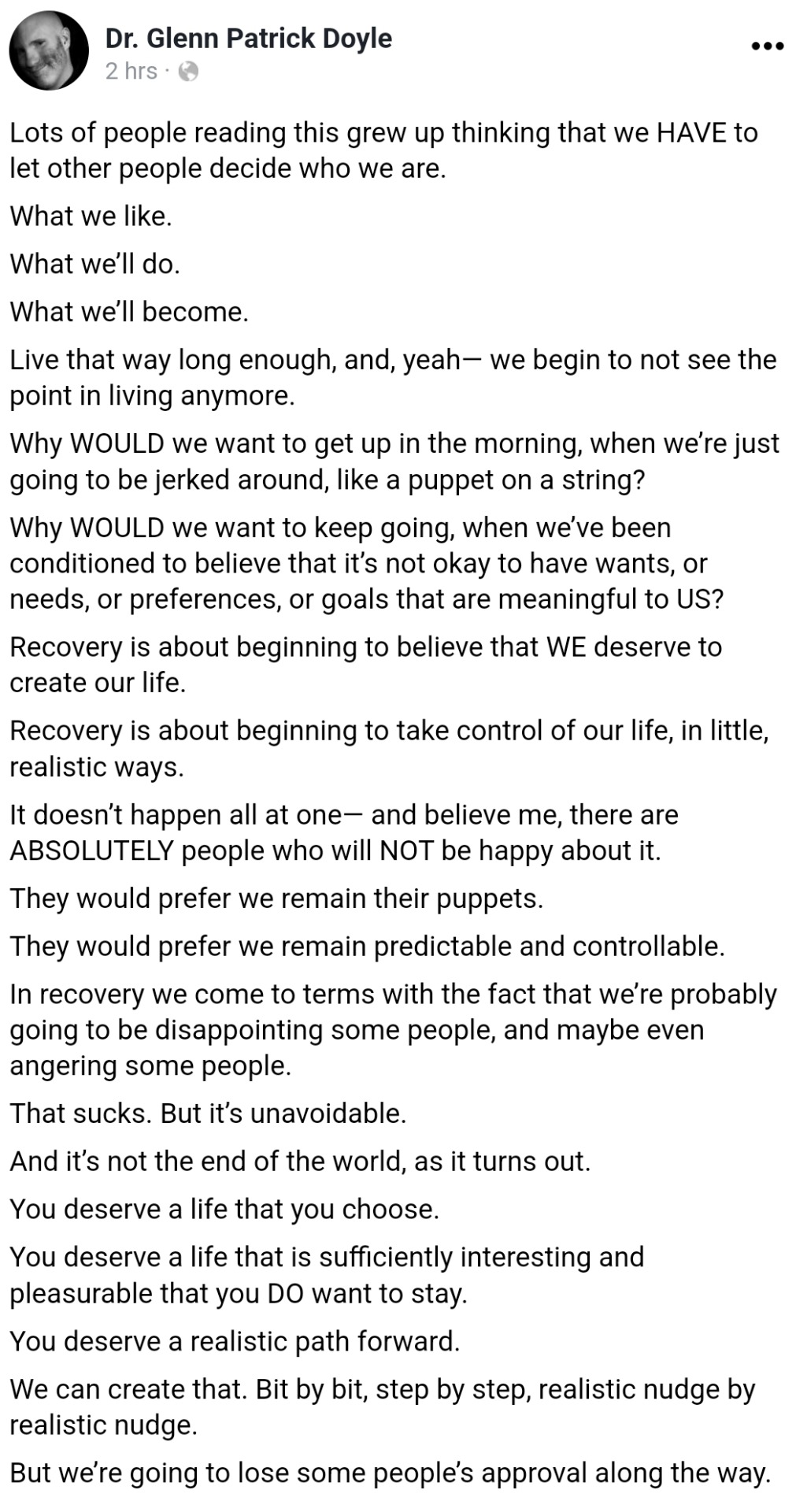
Source: https://www.facebook.com/DrDoyleSays/posts/605951844322301
#healing#recovery#growth#self care#self love#self help#self efficacy#define yourself#life#living#control#decisions#decision-making#mental health#Dr. Glenn Doyle
16 notes
·
View notes
Photo

What’s For Dinner?
And more decisions.
81 notes
·
View notes
Text
How to Overcome Procrastination and Take Control of Your Life in 5 sec!
Do you often find yourself procrastinating on tasks you know you need to do? Do you struggle to take action on your goals? This simple yet powerful rule has helped millions of people worldwide, today we will explore the benefits of the 5 Second Rule and how you can apply it to your own life.
5. 4. 3. 2. 1. … Lets Go!
The 5 Second Rule is a simple, yet powerful tool that can be used to overcome…
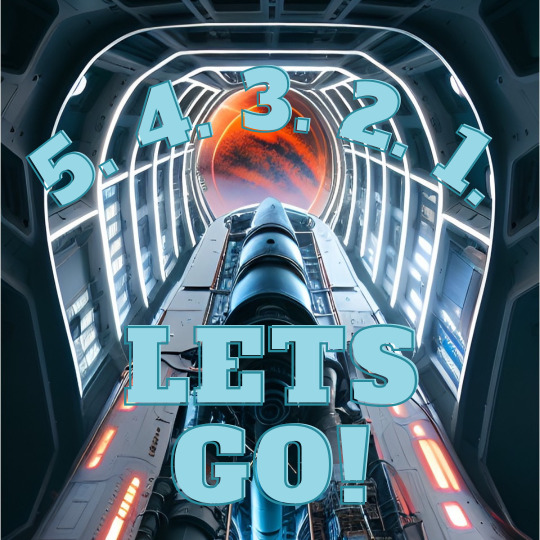
View On WordPress
#achievement#anxiety#behavior change#Confidence#decision-making#discipline#empowerment#focus#goal achievement#goal-setting#habit building#habit formation#habits#happiness#Inspiration#life coaching#Mel Robbins#Mental health#mental toughness#Mindfulness#mindset#motivation#performance#personal achievement#personal development#personal growth#positive thinking#positivity#procrastination#Productivity
3 notes
·
View notes
Text
Book of the Day - The Silo Effect
Today’s Book of the Day is The Silo Effect, written by Gillian Tett in 2016 and published by Simon & Schuster.
Gillian Tett is a British author, speaker, and journalist who chairs the editorial board, US, for the Financial Times- She writes columns about finance, business, and the political economy. She has a PhD in social anthropology from Cambridge University.
The Silo Effect, By Gilliam…
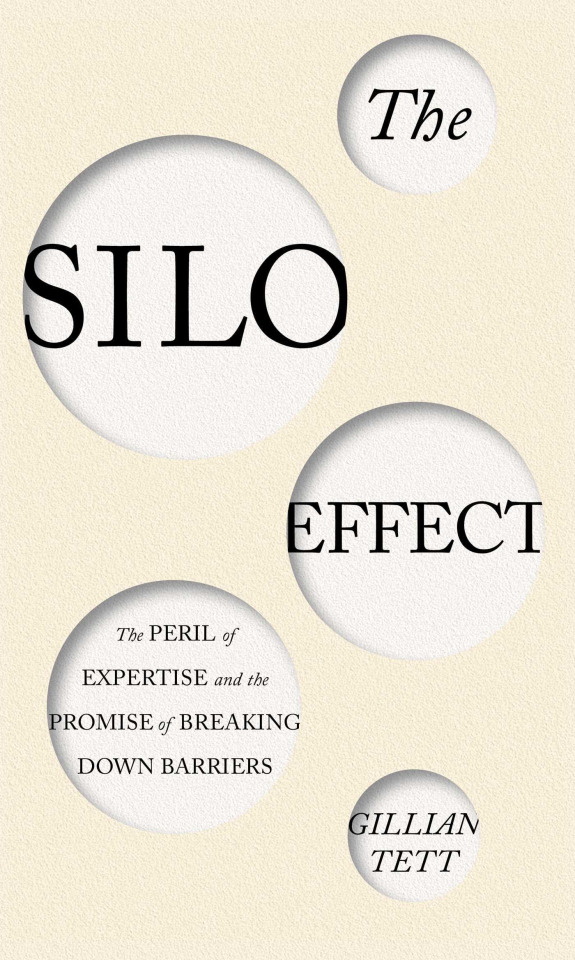
View On WordPress
#Book Of The Day#book review#bookstagram#booktok#Business#decision-making#knowledge#Organization#Raffaello Palandri#silos
9 notes
·
View notes
Text
CRITQUE OF THE NATURAL RIGHTS VIEW, II
With the last posting, this blog has resumed its posting schedule of Tuesdays and Fridays. With this posting, the blog picks up its critique of the natural rights view. As a quick review, the natural rights mental construct is the dominant view of governance and politics in the US. In the last posting (the first after a three-month break), this critique was introduced by outlining a list of points it will develop.
The first was:
The construct has a limited view of decision-making. This is important because the construct’s position on decision-making is narrowed to transactional aspects of governance and politics. The position on decision-making serves as one of the construct’s basic operating assumptions.
Let this posting describe and explain this shortcoming.
A political systems model is an extensive and comprehensive view of the political life one finds in a nation. As the mode by which the natural rights view encourages students to go about studying politics, it is exceedingly useful if a student makes an assumption that there are extensively shared goals and values within the political system. If these exist, then a further assumption or prior condition is possible.
In such a nation, behavioral studies’ reliance on people being apt to make rational decisions will be the normal course of decision-making. That is, when people are confronted with a decision, they will basically ask themselves what choice affords them the most benefit for the least cost. Choices will be made toward those possibilities in which the marginal benefits exceed marginal costs.
For example, should one turn on the TV? Does what is on TV accrue more benefit than expending the energy to turn the set on or to do something else? Of course, calculations come into play as to the possibilities for benefits and costs with alternative choices in an uncertain world.
This analysis can be highly involved, but the mind handles the calculations fairly efficiently given the complexity of the choice and the information a person has at the time of the decision. But in any event, certain stable conditions need to prevail for this type of calculation to be possible and should be considered.
So, how is this relevant? Theoretical work in the field of political studies which has been based on these considerations is advanced by Anthony Downs.[1] In his writing, the concern is focused on the role the above mentioned marginal or rational thinking has in political systems study. The judgement here is that the rational assumption is a basic one for those students who employ the political systems approach. Or if one wishes to delve a bit further, what is assumed are those elements of a political culture to be present and viable when such decisions are being made.[2]
Daniel Moynihan shares this view: “… American social science had pretty much settled on a utilitarian model in which behavior is explained by expectation of things yet to happen. Rewards and punishments.”[3] This critique is not that political systems and other derived models are crude behavioral efforts – all of them have taken pains to address other factors beyond rewards and costs – but the biases toward that sort of calculation are entrenched in systems theorizing and in their derived research.
And therefore, their concerns for the formulation of goals and values – normative factors – seem wanting. This is so if one considers that there are two sides to decision-making. One side is the way the individuals see the benefits and costs before them, and the other is the development of the goals and values that establish what is judged to be beneficial and costly.
This latter part of decision-making is mostly ignored in the political systems approach to the study of politics. In most analyses, these aspects are taken as given, yet this critique deems these concerns essential if understanding and predictability are the ultimate goals of any given study. The approach, by so assuming, adds to its reductionist tendency of only taking those factors immediately present when such decision-making takes place.
Money plays a role in these considerations. Money is not an end in itself. It is converted into many different things and conditions of life. When one says, “it’s only money,” one does not do money justice. Money can mean peace of mind or a child’s health. It can convert into recreation or education. It can mean an untold number of things. As such, it can represent goals and values.
To add to this situation, money can be counted in equal units. Therefore, there is a tendency for money to create an illusion. The illusion is that money can represent goals and values. It can be seen in different guises as a won contract or a promotion at work. Money then seems to be the universal goal or value. In capitalist economies, the attainment of money seems to permeate all aspects of life. Sports, religion, and education seem to be measured in monetary terms.
But upon reflection, people know that not all is for sale or measurable by a monetary value. The significance of this is that systems’ view of counting on benefits and costs is further entrenched by the role of money. Not only are all people after money, or so the assumption goes, but one can measure how much money – reward or benefit – it takes to get people to do something. There is a certain theoretical cleanliness about this view.
In short, what is being suggested is that human behavior, much less human thinking, emoting, planning, and other non-observable human “actions” are highly complex and involved and that doesn’t even consider what is at the subconscious level. This posting ends with this introduction to decision-making and will continue with this point of contention in the next posting with a quote by Philip Selznick.
[1] Anthony Downs, An Economic Theory of Democracy (New York, NY: Harper and Row Publisher, 1957).
[2] See Jurgen R. Winkler, “Political Culture,” Britannica (n.d.), accessed February 9, 2023, https://www.britannica.com/topic/political-culture. Winkler writes,
American political scientist Lucian Pye defined political culture as the composite of basic values, feelings, and knowledge that underlie the political process. Hence, the building blocks of political culture are the beliefs, opinions, and emotions of the citizens toward their form of government.
… The classic study of political culture is The Civic Culture (1963) by American political scientists Gabriel Almond and Sydney Verba.
He goes on to point out that some studies look closer at subcultures within nations, but the effect is the same; it provides the landscapes by which decision-making can proceed as described here.
[3] Daniel P. Moynihan, Pandemonia: Ethnicity in International Politics (New York, NY: Oxford University Press, 1993), 30.
3 notes
·
View notes
Text
Become a decision maker
Are you willing to take that responsibility?
Day by day, we have tons of possibilities to choose, what to do, where to go, when to act, who to ask.
Do we expect these things to be defined by someone or something else? How often?
When we are kids, at home or at school, and sometimes at work, we receive instructions on all we are supposed to do during the day. Then, when we don’t, we have little or no experience in whatever to choose from…
View On WordPress
#abilities#achievements#actitud#agilemindset#attitude#career path#challenges#crecimientopersonal#crecimientoprofesional#decision-making#decisionmaker#desarrollopersonal#desarrolloprofesional#logros
5 notes
·
View notes
Video
youtube
Are you feeling like your personal life or your business are on the right track or are you at a crossroads with something that doesn’t resonate with your organized truth? Examining the art of decision-making in my newest video https://youtu.be/Nrpw6A4pAO8 can change how you lead yourself and others as we navigate the New Moon in Pisces February 19 and the Full Moon in Virgo March 7th in how we plan our 2nd quarter of 2023. Personal and professional leadership starts with you in how you lead toward problem-solving your communications crossroads. There’s time to course-correct decisions about how we communicate our direction – either in the flow of who we are and what we feel vs. the reality of organizational skills and our think-through directions for our goals.
#Linkronicity#Stacey Kumagai#Leadership Coach#Communications#Higher consciousness#New Moon#Full Moon#Decision-making#consciouschoice#relating#self awareness#self improvement#personal development#personal growth#emotions#feeling#thoughts#well-being#health and wellness#mindfulness#Professional growth#bethechange#transformation
4 notes
·
View notes